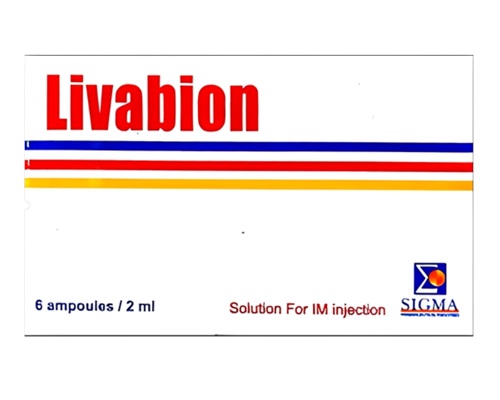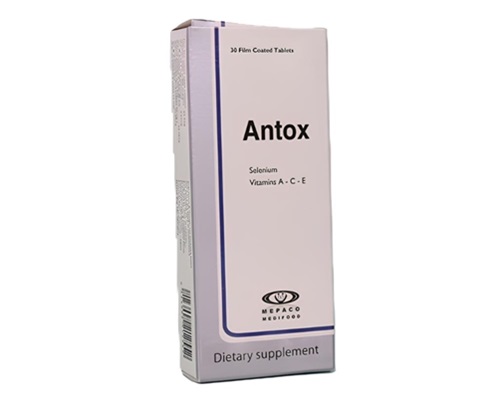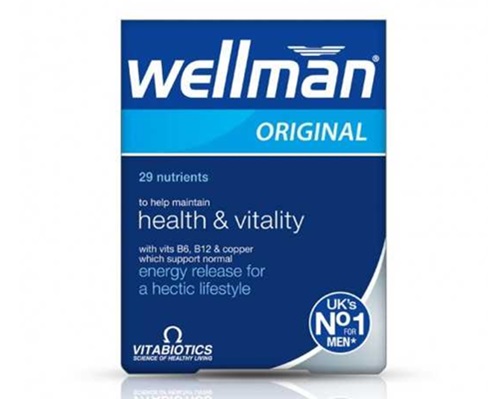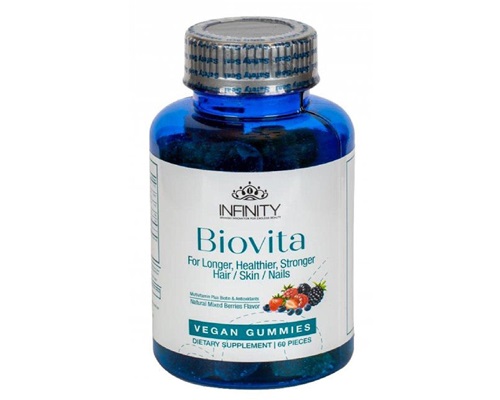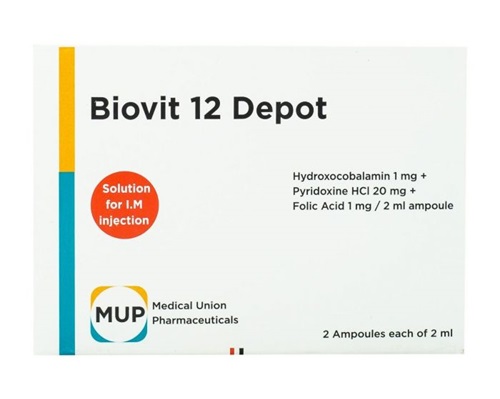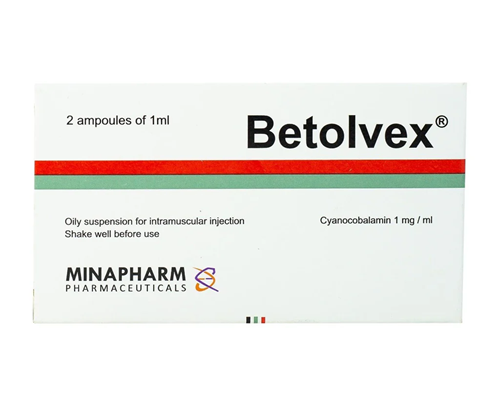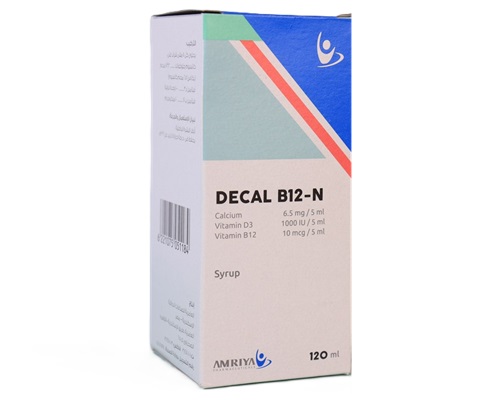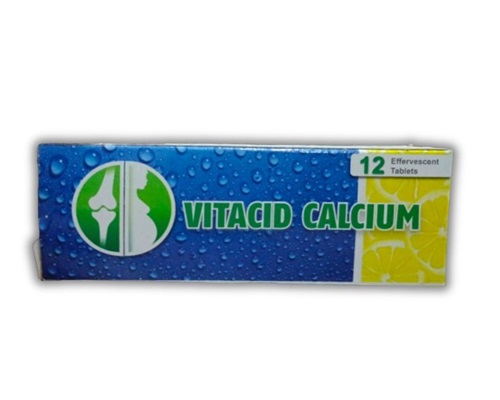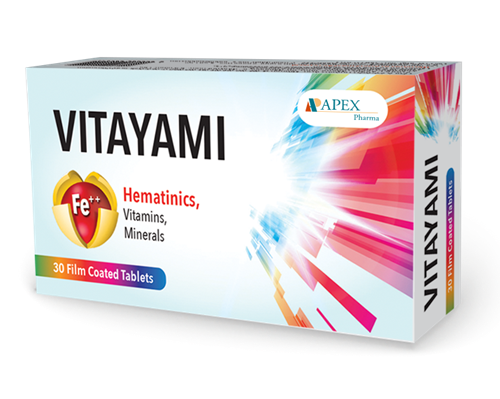Description
Trade name:
Livabion
Compound:
Each 2 ml ampoule contains:
Vitamin B 12 (Cyanocobalamin) 2500 mcg
Vitamin B6 (pyridoxine hydrochloride) 4 mg
Vitamin B1 (thiamine hydrochloride) 5 mg
Folic acid 1000 mcg
Nicotinamide 20 mg
D-Panthenol 6 mg
Orotic acid 10 mg
Properties:
Livabion contains a combination of water-soluble vitamins:
Vitamin B12 in the form of cyanocobalamin, which is used in deficiency states including megaloblastic anemia, antiatherogenic, neuroprotective and mood-modulating activity.
Folic acid, a member of the B vitamin family, is involved in several key biological processes, including the synthesis of DNA, RNA, and proteins. It is essential for DNA replication and repair, as well as for maintaining genome integrity. Folic acid reduces the risk of neural tube defects and possibly other types of birth defects. It may also have antiatherogenic, anticarcinogenic, neuroprotective, and antidepressant effects.
Vitamin B6 is a collective term for a group of three related compounds, Pyridoxine (PN), Pyridoxal (PL) and Pyridoxamine. Vitamin B6 is used in the prevention and treatment of vitamin B6 deficiency and peripheral diseases.
Nicotinamide (niacinamide) is one of the two main forms of the B vitamins. Nicotinamide may have antidiabetogenic activity in some cases. It may also have antioxidant and anti-inflammatory effects.
D-panthenol, a member of the B vitamin family, is an essential nutrient in human nutrition. It is sometimes called vitamin B5. Pantothenic acid has antioxidant and anti-inflammatory effects.
Orotic acid is an intermediate in pyrimidine metabolism, also known as vitamin B13. It is primarily used for the metabolism of folic acid and vitamin B12, and also helps restore liver parenchyma and improves detoxification of the body.
Indications:
– Diabetic polyneuropathy.
– Acute and chronic neuritis and polyneuritis.
– Macrocytic and pernicious anemia.
– Chronic liver diseases.
-Postoperative period.
– Old age.
Method of administration and dosage:
1 ampoule per day 2-3 times per week by intramuscular or intravenous administration.
Contraindications:
Hypersensitivity to the components of the drug.
Livabion should not be used in newborns, infants, pregnant women or nursing mothers as it contains benzyl alcohol.
Precautions:
Intramuscular injections should be given deep and the patient should be monitored for possible allergic reactions.
The Livabion ampoule contains benzyl alcohol, which is potentially toxic when administered locally to nervous system tissue.
Side effects:
From the immune system: rarely – allergic reactions (skin rash, difficulty breathing, anaphylactic shock, Quincke’s edema).
From the nervous system: in some cases – dizziness, confusion.
From the cardiovascular system: very rarely – tachycardia; in some cases – bradycardia, arrhythmia.
From the gastrointestinal tract: in some cases – vomiting.
From the skin and subcutaneous tissues: very rare – increased sweating, acne, itching, urticaria.
From the musculoskeletal system: in isolated cases – convulsions.
General disorders and administration site conditions: in isolated cases, irritation at the injection site may occur; systemic reactions are possible with rapid administration or overdose.
Storage method:
Store at temperatures not exceeding 25 degrees.

